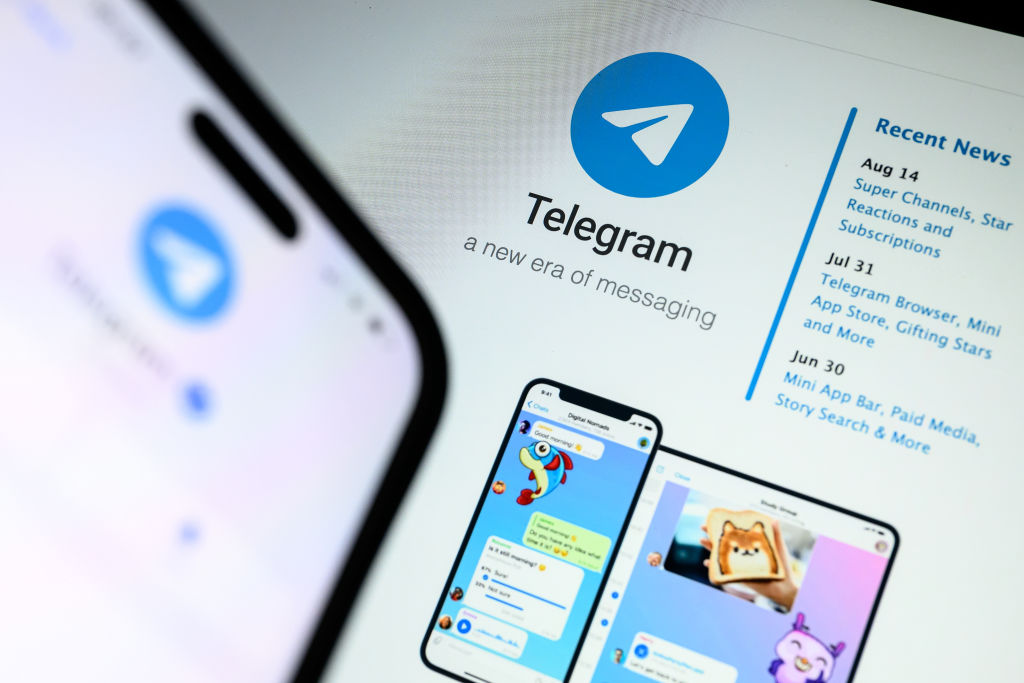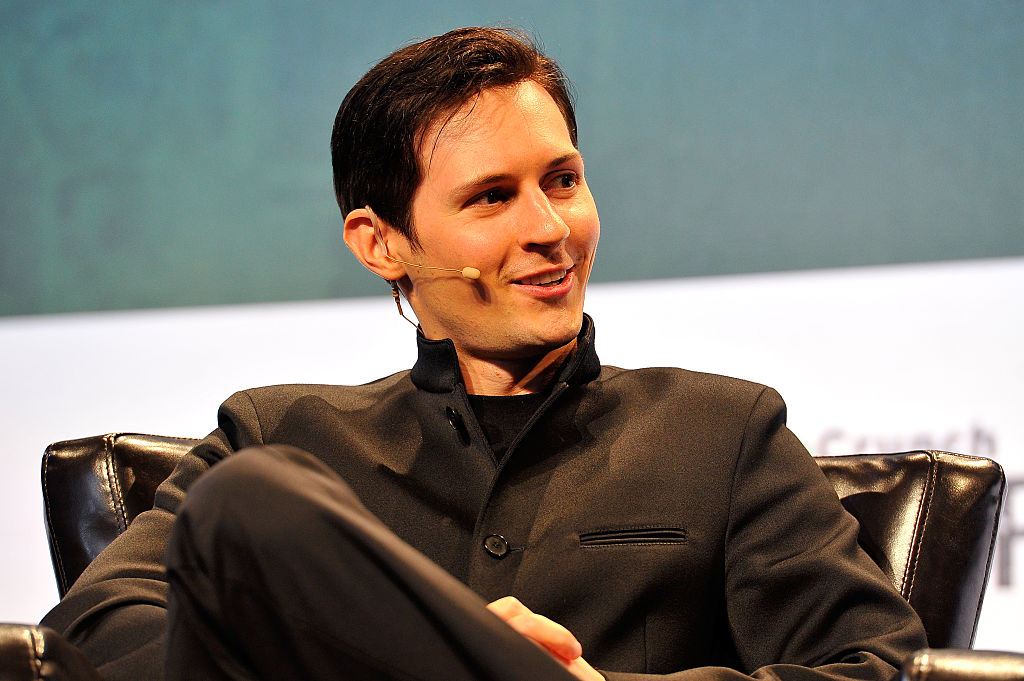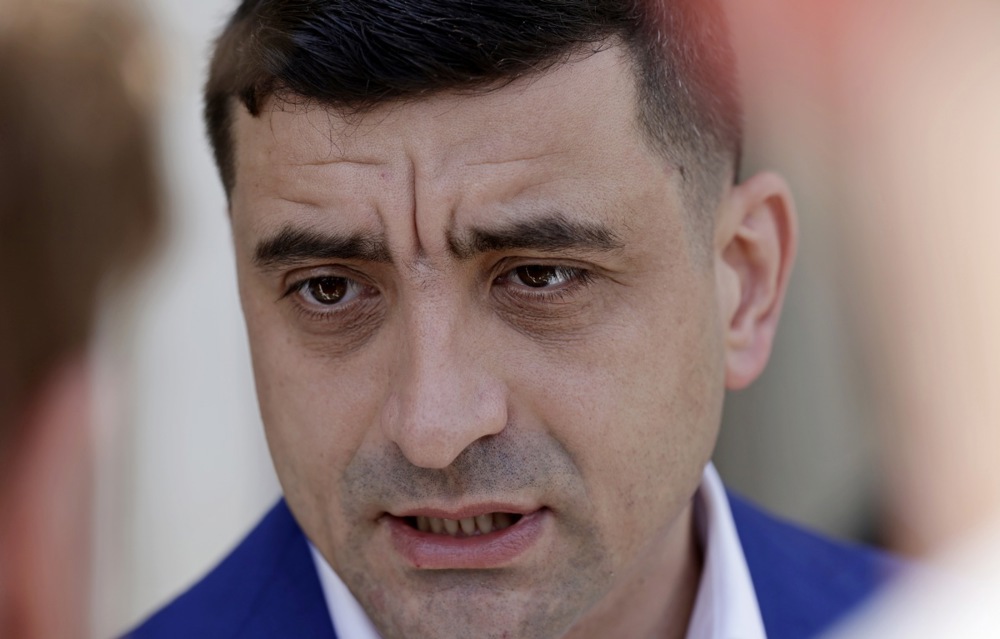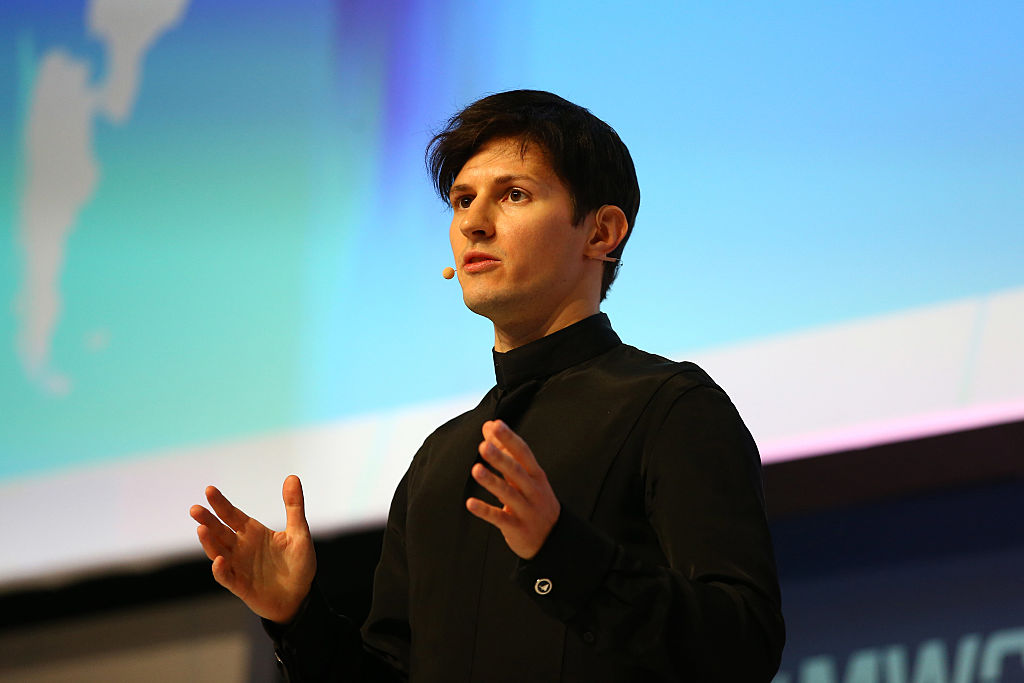The Russian Government announced that Max, a State-backed messaging app developed by VK, a Kremlin-controlled tech company, must be pre-installed on all mobile phones and tablets sold in Russia starting September 1, 2025.
This decision on August 21 was coupled with restrictions on popular foreign messaging platforms including WhatsApp and Telegram. It marked a significant escalation in Russia’s ongoing efforts to control digital communication and, to many, curb freedom of speech and reduce dependence on foreign technology.
Critics warned that Max, designed to mirror China’s WeChat, was not just a communication tool but a sophisticated instrument of State surveillance, posing severe risks to privacy and democratic expression.
Max, launched in March 2025, was marketed as an all-in-one national platform for messaging, video calls, mobile payments and access to government services via the designated platform Gosuslugi.
With 18 million downloads by August 2025, its adoption has been bolstered by aggressive State-sponsored promotion, including endorsements from influencers and perks such as queue-free entry at events.
Government officials and politicians were also ordered to transfer their Telegram channels to Max.
The State Duma’s press office said it would now post comments exclusively on Max and no longer on Telegram.
The app’s integration with government systems, though, and its mandatory pre-installation has raised alarms among digital rights advocates.
Unlike WhatsApp and Telegram, which offer end-to-end encryption to protect user data, Max operates on servers within Russia, subject to laws that allow authorities access to user communications upon request.
While State media claimed Max was safer and less intrusive than foreign apps, its terms that allow data sharing with authorities raised fears of mass surveillance and targeted repression.
There has been already at least one reported case of fraud involving the Max messaging app in Russia, UK newspaper The Guardian reported recently.
Additionally, posts on X and various news sources reported a specific incident where a resident of Kursk lost 450,000 rubles (approximately €4,800) to scammers who used Max, posing as representatives of state institutions, including the Federal Security Service, to deceive the victim into transferring money to a “secure” account.
Reports suggested Max collects extensive data, including call logs, purchase histories and even unsent texts, earning it the moniker “Digital Gulag” from critics including Russian opposition journalist Andrei Okun.
The Kremlin’s push for Max coincided with a broader crackdown on internet freedoms.
COMMENT: There’s no lack of nations in this world where citizens know that whatever they say online can and probably will be known to the state. It shouldn’t be like that in Europe, writes @rpintoborges. https://t.co/WkdHXhTYhQ
— Brussels Signal (@brusselssignal) August 14, 2025
In July 2025, President Vladimir Putin signed legislation criminalising access to “extremist” content, a vague category that included opposition websites and LGBTQ+ material.
Simultaneously, Russia’s communications watchdog, Roskomnadzor, restricted voice and video calls on WhatsApp and Telegram, citing their failure to share user data with law enforcement in fraud and terrorism cases.
These restrictions, which have rendered calls on these platforms unreliable, are now seen by experts as deliberate attempts to push users toward Max.
Anton Gorelkin, deputy head of the State Duma’s IT committee, even suggested WhatsApp should prepare to exit the Russian market entirely.
This move was part of Russia’s long-standing ambition to create a “sovereign internet”, a censored digital ecosystem isolated from global platforms.
Since the 2022 invasion of Ukraine, the Kremlin has intensified efforts to suppress what it regarded as dissent, banning platforms including Facebook, Instagram and X and targeting VPNs used to bypass restrictions.
Max’s mandatory installation, alongside requirements for Russia’s RuStore app on Apple devices and the State-controlled LIME HD TV app on smart TVs from January 2026, underscores this shift toward total digital control.
Russian nationalists have been critical of the move as well.
UK newspaper The Telegraph recently reported that Rybar, one of the biggest pro-Russian military blogging channels on Telegram, had stated: “It’s not possible to build digital sovereignty by creating one ‘correct’ messenger for every occasion … In a normal ecosystem, users should have a choice between different products with different focuses.”
Farida Rustamova, an independent Russian journalist, claimed at the start of August that even Russia’s Federal Security Service had presented an “extensive” list of complaints about the messenger to developers. She said Max “cannot yet be connected to government services due to the risk of leaks of Russians’ personal data”.
Human Rights Watch researcher Anastasiia Kruope warned that the Kremlin aimed to monitor and manipulate online activity, creating a “sterile space” where dissent was nearly impossible.
The implications for freedom of speech are profound. WhatsApp and Telegram, with almost 200 million combined users in Russia, have been vital for uncensored communication, especially for opposition activists including the late Alexei Navalny, whose online exposés mobilised mass protests.
Max, by contrast, was designed to comply with state demands, storing user data and limiting negative reactions to posts, which stifles critical discourse.
The app’s integration with government services makes it unavoidable, forcing citizens into a monitored environment where self-censorship becomes inevitable.
Critics argued that Max’s surveillance capabilities threatened not only privacy but also the fundamental right to free expression.
Digital rights group Roskomsvoboda suggested Max would succeed where previous State apps failed through to the throttling of competitors.
VK, the company behind Max, was co-founded by Pavel Durov, who also created Telegram. Durov was forced out as CEO in 2014 after clashes with Russian authorities over censorship and data requests.
Later, the tech entrepreneur fled Russia, stating he believed there was more freedom of speech in Europe, but he was arrested in France over censorship and data requests.
Today, VK’s leadership is more closely aligned with the Russian Government, with CEO Vladimir Kiriyenko – the son of President Vladimir Putin’s First Deputy Chief of Staff Sergey Kiriyenko – at the helm.
Pavel Durov, the owner of social media platform Telegram, has criticised French authorities over his arrest in August. https://t.co/a4LqeMMyuS
— Brussels Signal (@brusselssignal) September 6, 2024





